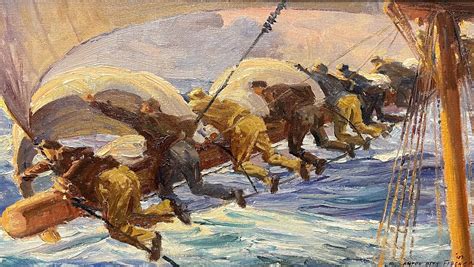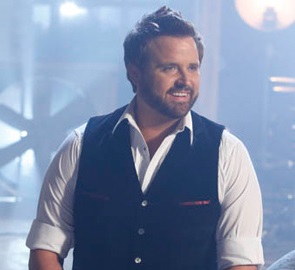Цитата Уоллеса Д. Уоттлса
Чтобы стать богатым, не нужно делать определенные вещи. Это о том, чтобы делать вещи определенным образом!
Связанные цитаты
Владение деньгами и имуществом возникает в результате определенных действий; те, кто делает что-то этим Определенным образом, намеренно или случайно, становятся богатыми; в то время как те, кто не поступает по этому Определенному Пути, как бы усердно они ни работали и как бы ни были способны, остаются бедными.
Изменение вашей жизни не всегда означает, что вы перестанете делать определенные вещи. Это может означать, что вы начинаете делать некоторые другие вещи. Что вы действительно хотите сделать, так это взрастить отношение, что вы открыты для того, чтобы узнать больше о себе. Принятие большего о себе. Это то, что вдохновит вас на что-то новое.
Я имею в виду людей... люди не становятся... они не становятся умнее в таких элементарных вещах, как жадность, и вы не можете выносить, когда ваш сосед богатеет. Вы знаете, что вы умнее, чем он, и он делает такие вещи, вы знаете, и он богатеет, и ваш супруг становится недовольным вами, потому что вы не делаете - довольно скоро вы начинаете делать это. И так вы получаете то, что я называю естественной прогрессией, три Есть. Новаторы, подражатели и идиоты.
У каждого есть определенные вещи, которые они хотели бы не делать в жизни. Они жалеют, что не пинали свою собаку, когда им было десять или около того. Есть много вещей, о которых можно вернуться и пожалеть. Мне не нравится это делать. Но в то же время я согласен с тем, что когда вы достигаете определенного этапа в жизни, вы меняетесь. И тебе следует измениться.
Я думаю, вы должны признать, что некоторые вещи находятся в процессе, что вы не можете изменить, что вы не можете сокрушить. Хаос наших городов, хаотичность нашей жизни, непредсказуемость того, где вы окажетесь через десять лет — все это давит на нас, и все же есть определенный проблеск контроля. Если вы действуете определенным образом и говорите определенным образом, вы будете притягивать к себе определенные силы.
У вас есть определенная объективность, как у зрителя, и вы можете уйти, возможно, будучи спровоцированными на определенную беседу или определенную область вопросов относительно того, как бы вы справились с вещами, с которыми должен иметь дело ваш персонаж. Принимая во внимание, что когда вы делаете фильм, как только вы начинаете спрашивать: «Что бы я сделал?», вы увеличиваете дистанцию между собой и персонажем, или вы приближаете персонажа к себе, что я считаю самостоятельным. -обслуживание, в неправильном пути. Идея состоит в том, чтобы приблизить себя к персонажу.


































